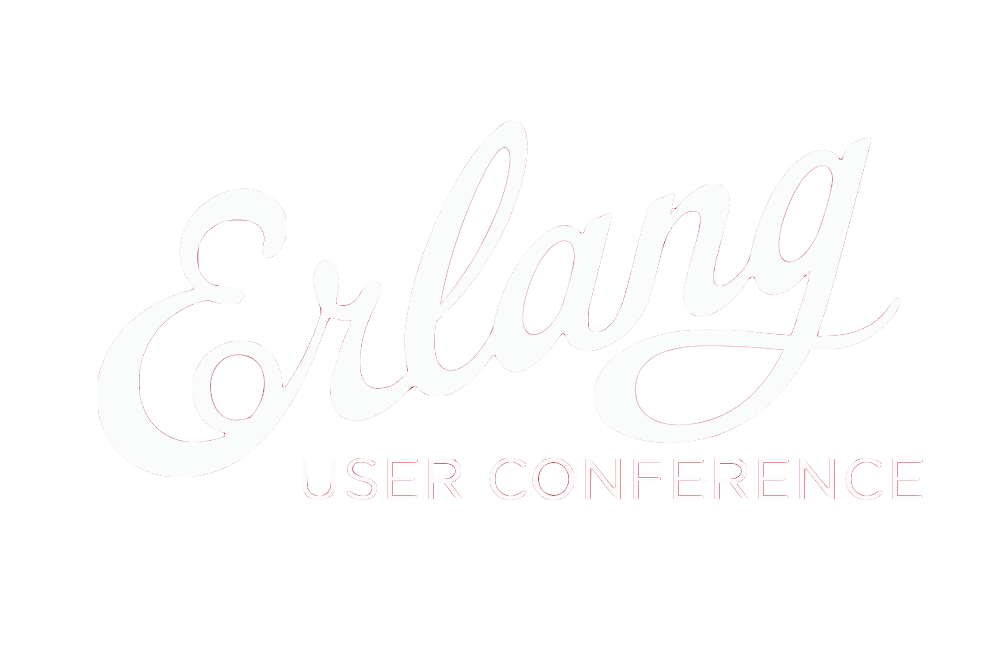Distribution and Scalability
Gone are the days of the mainframe; infrastructure software for the 21st Century needs to be distributed, flexible and scale horizontally. How useful is an effective big data analytics algorithm if you can not move the data cheaply and efficiently, or what is the point of an instant messaging cluster if it will not scale linearly with demand. The speakers in this track have used non mainstream technologies for messaging backbones, computing clouds and massive clusters, streaming media and instant messaging. Come and find out how.
Cool Tools and Gadgets
The Tools & Gadgets Track explores the latest tools and library applications for Erlang Developers, Testers and Operations engineers. It alsolooks at the emerging set of principles, methods and practices for communication, collaboration and integration between Software development and operations staff. Erlang old timers will say they have been doing DevOps for years, only calling it something different. This track looks at setting that record straight.
How I Do Stuff
As Erlang's popularity grows, it keeps breaking into new verticals and is adopted by start-ups and Fortune 100 companies alike. In this track we get to listen to how they use the tools, monitor and test their systems. This track will include the war stories and experience reports of novice and expert users alike, looking at the benefits Erlang brings to these new business segments and introduce current and future distributed architectures.
Concurrency and Multi-core
Scaling vertically by adding more powerful hardware was a thing of the past. We scaled horizontally, by adding more commodity hardware. With the coming of age of mega-core architectures, we have the choice of either adding more hardware or more cores, or both. Erlang style concurrency puts us ahead of the game when it comes to scaling with both approaches.
The Erlang Eco-System and its VM
In this track, you will learn from the leading experts and Erlang committers about new language constructs, virtual machine implementations and powerful libraries which together form the Erlang eco-system. Esoteric VM implementations are presented, alongside improvements and enhancements to the existing ones. You will learn how many of its features work and how to best use them to write fast and efficient code.
Adopting Erlang
In this track you'll learn about new tools, techniques, and initiatives to improve Erlang adoption. Erlang is great for building scalable, fault tolerant systems - but it can be challenging to learn how to harness this power effectively. This track will build your skills in using Erlang and support the use of Erlang by your organization.
